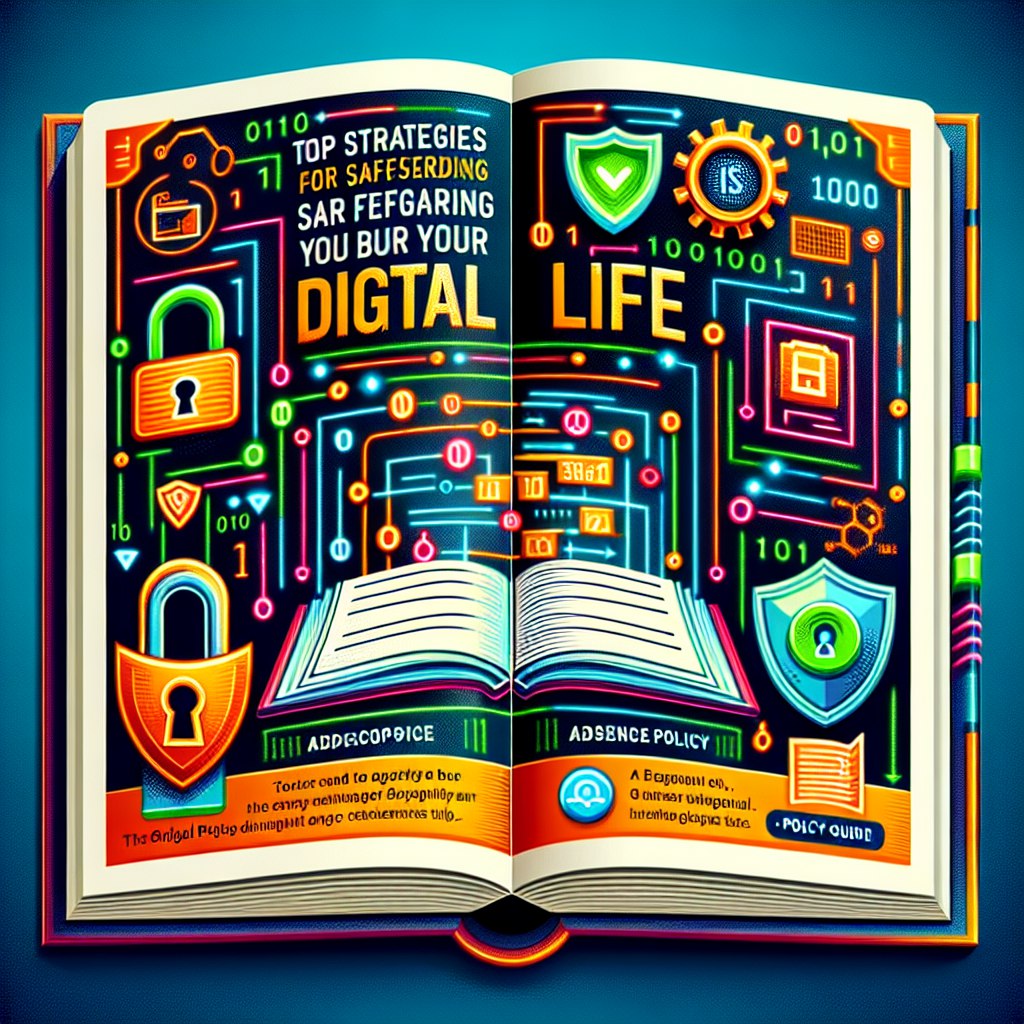In today’s digital age, cybersecurity is more critical than ever. With cyber threats evolving at an alarming rate, protecting your digital life has become a top priority. Here, we delve into the top strategies you can employ to safeguard your personal information and maintain your online privacy. These essential tips will help you navigate the digital world securely and confidently.
1. Use Strong and Unique Passwords
One of the simplest yet most effective ways to protect your online accounts is by using strong, unique passwords. Avoid using easily guessable information such as birthdays or names. Instead, create complex passwords that include a mix of letters, numbers, and special characters. Consider using a password manager to generate and store your passwords securely.
2. Enable Two-Factor Authentication (2FA)
Two-factor authentication adds an extra layer of security to your accounts. By requiring a second form of verification, such as a text message code or a biometric scan, 2FA makes it significantly harder for cybercriminals to gain unauthorized access. Enable 2FA on all accounts that offer it, especially those containing sensitive information.
3. Keep Your Software Up to Date
Regularly updating your software is crucial for maintaining security. Software updates often include patches for vulnerabilities that cybercriminals can exploit. Ensure that your operating system, applications, and antivirus programs are always up to date. Enable automatic updates whenever possible to streamline this process.
4. Be Wary of Phishing Scams
Phishing scams are deceptive attempts to obtain sensitive information by masquerading as trustworthy entities. Be cautious of unsolicited emails, messages, or phone calls asking for personal information. Verify the authenticity of the sender before clicking on any links or providing any information. Look for telltale signs of phishing, such as spelling errors and suspicious URLs.
5. Secure Your Home Network
Your home network can be an entry point for cybercriminals if not properly secured. Change the default login credentials for your router and use a strong password. Enable WPA3 encryption, if available, and consider setting up a guest network for visitors. Regularly monitor connected devices and ensure that they are also secure.
6. Backup Your Data Regularly
Regularly backing up your data is a crucial step in protecting against data loss. Use both cloud-based and physical storage solutions to create multiple copies of your important files. In the event of a cyber attack, such as ransomware, having backups ensures that you can restore your data without paying a ransom.
7. Educate Yourself and Your Family
Cybersecurity is a collective effort. Educate yourself and your family about the importance of online safety and the best practices for maintaining it. Teach children about the dangers of sharing personal information online and the importance of using secure passwords.
8. Use a Virtual Private Network (VPN)
A Virtual Private Network (VPN) helps protect your online privacy by encrypting your internet connection. This makes it difficult for cybercriminals to intercept your data. Use a reputable VPN service, especially when using public Wi-Fi networks, to ensure your online activities remain private and secure.
9. Monitor Your Accounts Regularly
Regularly monitoring your accounts for suspicious activity can help you detect and respond to potential security breaches early. Review your bank statements, credit reports, and online account activity frequently. Set up alerts for unusual transactions or login attempts.
10. Stay Informed About Cybersecurity Trends
Cybersecurity is an ever-evolving field. Stay informed about the latest threats and trends by following reputable cybersecurity blogs, news sites, and experts. Knowledge is power, and staying up-to-date can help you anticipate and mitigate potential risks.
By implementing these top strategies, you can significantly enhance your digital security and protect your personal information from cyber threats. Remember, cybersecurity is an ongoing process, and staying vigilant is key to maintaining your online safety.



